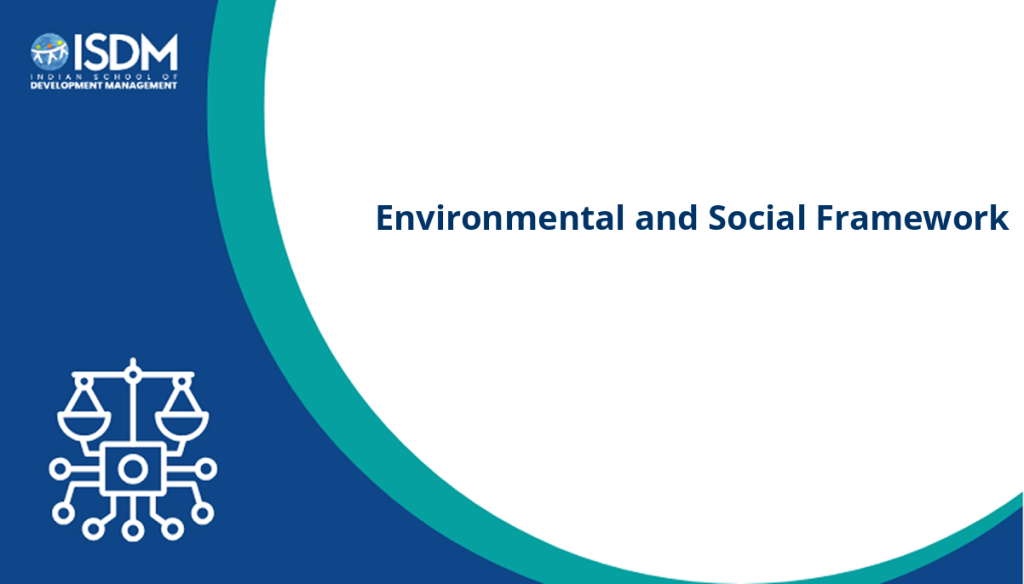Home > Development Management > Environmental and Social Framework

Interested in the full story?
Access the complete case study to learn more
Asian Infrastructure Investment Bank
No ratings yet
|
|
Thank you for Signing Up |

